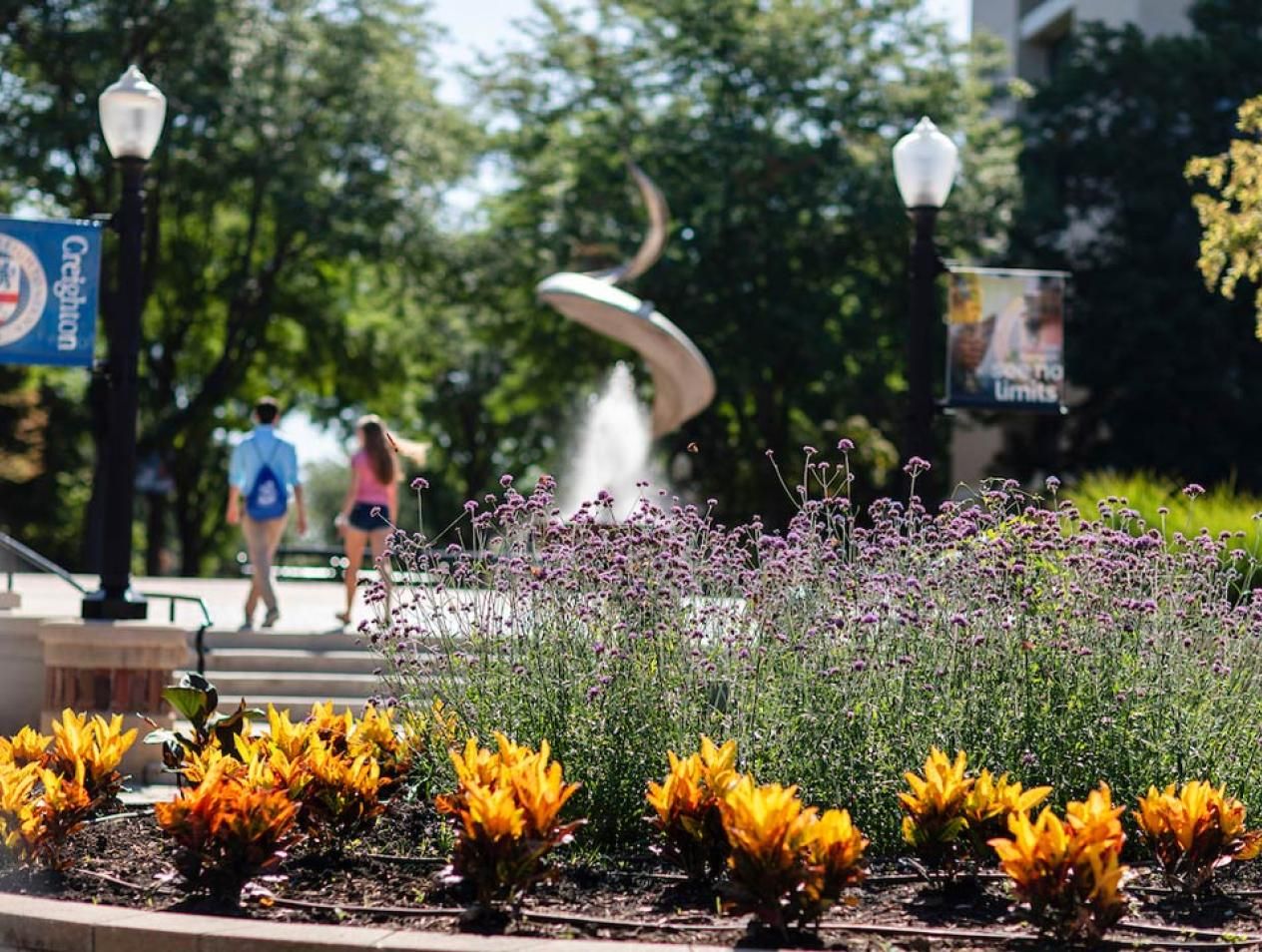Alcohol and Drug Education
Alcohol and Drug Education
Creighton takes seriously the need to educate students about the importance of making good choices regarding alcohol.
Our efforts are aimed at reducing high-risk drinking and encouraging students to abandon binge drinking behaviors. Alcohol education efforts include:
The Division of Student Life coordinates the following efforts and initiatives to reduce high-risk drinking among first-year students:
Alcohol EDU (login with Blue credentials)
An online course required of all first-year students covering Creighton’s alcohol policy, alcohol use and abuse, illegal substance use, prescription drug abuse, Creighton’s sexual misconduct policy, and dating violence.
Year One College Alcohol Profile (Y1Cap) (enter Creighton NetID on second page)
A survey required of all first-year students attending Creighton University and part of a greater Nebraska Collegiate Consortium effort.
To assist students in an understanding of the impact alcohol can have on their lives, T.R.A.A.C. is a program implemented to care for intoxicated students who could be in danger of hurting themselves or others. It provides students with proper medical attention and a safe environment in which to recover.
T.R.A.A.C. Standard Operating Procedures for Intoxicated Students:
- A student is identified as potentially being intoxicated by demonstrating impaired judgment, impaired reactions, decreased coordination or unresponsiveness.
- A medical assessment and field sobriety tests are administered.
- The student is transported to University Campus if determined appropriate by the medical assessment.
- Parents are notified.
- The student is assessed by a University Campus physician to determine course of action. At risk students are transported to Bergan Mercy and hospitalized or placed in an emergency room bed where they will be monitored.
- The student is released from University campus with the approval of a Student Care Clinic physician and may be transported back to campus.
- The incident is documented and referred for behavioral misconduct, which normally results in a student status of behavioral probation, withdrawal, suspension or expulsion; and educational outcomes.
- If the student fails to comply with T.R.A.A.C. Standard Operating Procedures the student may be immediately suspended or expelled from the University.
What is it?
The law provides limited immunity for MIP (Minor In Possession) charges to both the intoxicated minor and the first person to request help for the intoxicated individual.
What should you do?
Make a good faith request for emergency medical assistance. Remain on the scene until law enforcement and/or medical personnel arrive and cooperate with officials.
If you suspect a friend has consumed too much alcohol, look for these signs:
- Person is unconscious, semi-conscious or unresponsive.
- Skin is cold, clammy, pale, blotchy and/or bluish in color.
- Breathing is slow—around eight or fewer breaths per minute.
- Person cannot be woken up or roused.There are lapses in breathing—around 10+ seconds between breaths.
- Person exhibits mental confusion, stupor or falls into a comatose state.
- Person experiences seizures, convulsions or rigid spasms.
- Person exhibits signs of vomiting while asleep or difficulties with waking up.
The following sources provide you with valuable information and resources to help you talk to your student about alcohol as they prepare to transition to our community, including:
- Information about the drinking culture at Creighton
- Suggestions for successful communication about alcohol use
- Ways to improve your relationships with your student
Contact Information
Office of Community Standards and Student Conduct
Creighton Hall 224
402.280.2775
communitystandards@creighton.edu
Student Health Education and Compliance Office
Kiewit Fitness Center 225
402.280.2735
studenthealth@creighton.edu

